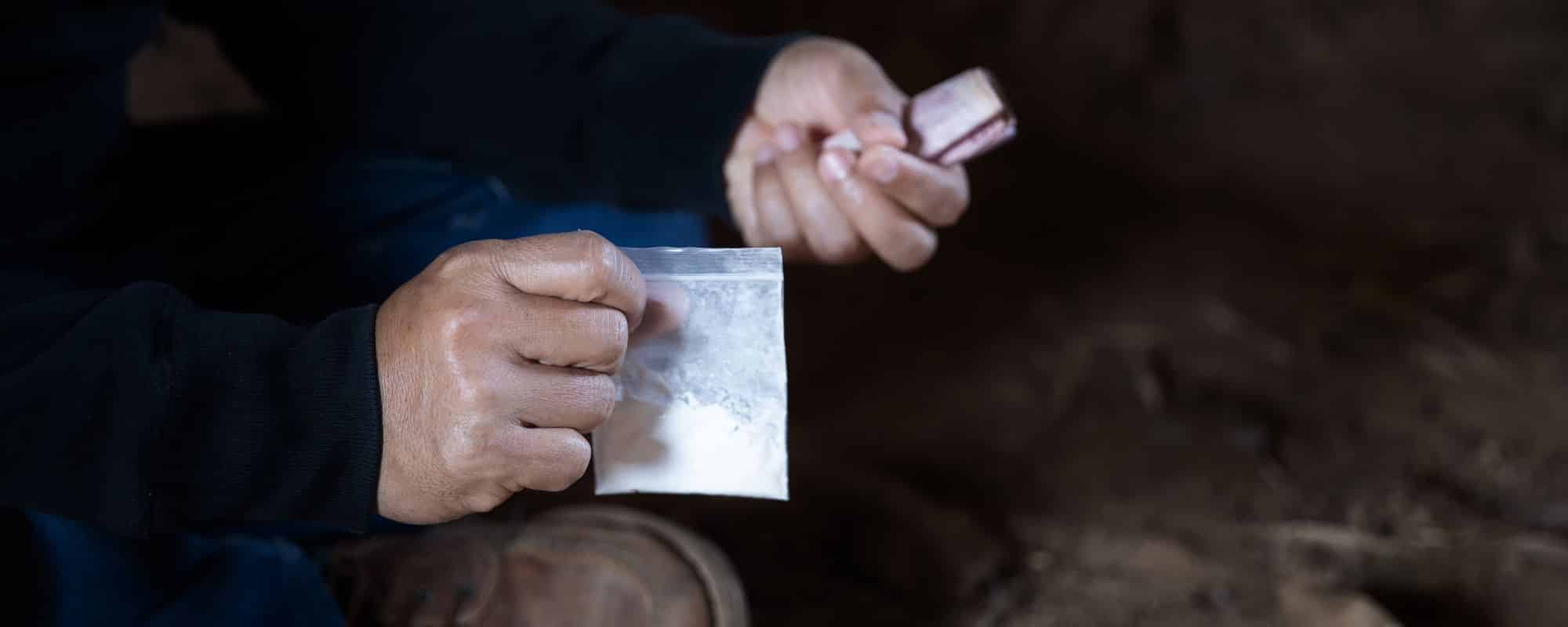Substance abuse counseling is a vital part of recovery for anyone struggling with addiction to drugs or alcohol. Many people wonder, “How long does substance abuse counseling take?” The answer varies depending on individual needs, the severity of addiction, and the type of counseling offered. Whether you’re searching for help with addiction or counseling for substance abuse, understanding the typical length of counseling and rehab programs can help you prepare for the journey ahead. From detox to outpatient care, the timeline for counseling for drugs or alcohol or drug counseling depends on your unique path to healing.
What Is Substance Abuse Counseling?
Substance abuse counseling is a specialized form of therapy designed to help individuals struggling with addiction to drugs or alcohol. It is often a key part of rehab programs, focusing on understanding the root causes of addiction and developing coping strategies to maintain sobriety. Addiction counseling typically involves personalized treatment plans that include individual therapy, group sessions, and family support. Whether you’re searching for substance abuse counseling or counseling for drugs or alcohol, these services aim to address both the physical and emotional aspects of addiction, guiding patients toward lasting recovery. The length of counseling varies depending on individual needs and treatment goals.
What Does a Substance Abuse Counselor Do?
A substance abuse counselor helps individuals struggling with drug or alcohol addiction by assessing their condition and creating personalized treatment plans. They provide support through individual and group therapy, teach coping skills, and guide patients toward recovery. Counselors also work with families, coordinate aftercare, and connect patients to resources like support groups or job services to promote lasting sobriety.
What Substances Can Counseling Treat?
Substance abuse counseling can treat a wide range of addictive substances, helping individuals overcome dependence and regain control of their lives. Counseling can involve treating the following substances:
- Alcohol: Counseling for alcohol use disorder often combines therapy and medication to reduce cravings and prevent relapse.
- Opioids: Addiction counseling for opioids includes medication-assisted treatment alongside behavioral therapies to manage withdrawal and support recovery.
- Benzodiazepines: Counseling addresses both the physical dependence and psychological aspects of benzodiazepine addiction through careful tapering and therapy.
- Stimulants: Since no medications are currently approved for stimulant addiction, counseling focuses on behavioral therapies to manage cravings and triggers.
Does Substance Abuse Counseling Take a Long Time?
Substance abuse counseling and treatment can take varying amounts of time depending on the individual’s needs and the severity of their addiction. The rehab process typically involves several 5 key steps, each with its own timeline.
- Initial Consultation for Substance Abuse
This first step involves assessment and planning, helping to determine the best treatment approach based on the person’s history and needs. It usually takes one or a few sessions. - Detox for Substance Abuse
Detoxification removes toxins from the body and manages withdrawal symptoms. This phase generally lasts from a few days up to two weeks, depending on the substance and severity of dependence. - Residential Treatment for Substance Abuse
Also called inpatient rehab, this step provides a structured, supportive environment for 30, 60, or 90 days or longer. It focuses on therapy, skill-building, and relapse prevention. - Outpatient Treatment for Substance Abuse
Outpatient programs offer flexibility, allowing individuals to live at home while attending regular counseling sessions. These programs can last from several weeks to months and often follow residential treatment. - Aftercare for Substance Abuse
Aftercare includes ongoing support such as counseling, support groups, and sober living arrangements to maintain sobriety and prevent relapse. This phase can continue indefinitely as part of long-term recovery.
Overall, how long addiction treatment or rehab lasts varies, but many experts recommend at least 90 days for the best long-term outcomes.
What Does a Substance Abuse Counselor Do?
A substance abuse counselor plays a crucial role in helping individuals overcome substance use disorder (SUD) by providing emotional support, guidance, and therapeutic interventions tailored to each person’s needs. They assess patients’ substance use, develop personalized treatment plans, and teach coping skills to promote lasting recovery. Substance abuse counseling includes:
- Individualized Treatment Plans: Counselors create customized plans based on each patient’s unique situation, goals, and challenges to guide their recovery journey effectively.
- Case Managers vs. Therapists: While therapists focus mainly on providing therapy and emotional support, case managers coordinate overall care, including connecting patients to resources like housing, employment, and medical services.
Self-Assessment: Am I Addicted?
"*" indicates required fields
Contact Us
Ready to Get Help? Get in Touch Today.
"*" indicates required fields
The Dangers of Substance Abuse
Substance abuse carries serious dangers that affect both the body and mind, with risks present in the short term and long term. Even a single use can cause harmful effects, while prolonged use often leads to chronic health problems and lasting mental health issues. Understanding these dangers highlights the importance of seeking timely help and treatment.
Physical Dangers of Substance Abuse:
- Increased heart rate, high blood pressure, and risk of heart attack or stroke
- Liver damage, digestive problems, and respiratory issues
- Overdose and sudden death
- Weakened immune system and infectious diseases from needle use
- Long-term damage, such as cancer and organ failure
Mental and Emotional Dangers of Substance Abuse:
- Anxiety, paranoia, and depression
- Memory loss and impaired decision-making
- Psychosis, hallucinations, and mood swings
- Increased risk of suicide and violent behavior
- Long-term cognitive decline and mental illnesses like schizophrenia
These dangers emphasize the critical need for effective addiction counseling and treatment to protect health and well-being.
Find Help for Substance Abuse
Finding help for substance abuse is the first and most important step toward recovery. There are many treatment options available that provide support, therapy, and medical care tailored to individual needs. Whether you’re looking for counseling for substance abuse or comprehensive rehab programs, understanding the types of help can guide you to the right path.
Substance Abuse Treatment Programs
These programs range from outpatient counseling to intensive residential rehab. Outpatient programs allow individuals to live at home while attending therapy sessions, making them flexible for work or school. Residential treatment involves living at a facility for a set period, offering 24-hour care and a structured environment. Programs often include detox, individual and group therapy, and aftercare planning to support long-term sobriety.
Recovery Support Groups
Support groups like Alcoholics Anonymous (AA) or Narcotics Anonymous (NA) provide peer encouragement and accountability. These groups help individuals share experiences, build community, and maintain motivation during and after formal treatment. Recovery support groups are a valuable part of ongoing counseling for drugs or alcohol and can be accessed locally or online.
Taking the first step toward recovery can be life-changing, and Vogue Recovery Center is here to support you every step of the way. If you or a loved one is struggling with substance abuse, don’t wait—reach out to Vogue Recovery Center today for personalized, compassionate treatment tailored to your needs.
Questions about treatment options?
Our admissions team is available 24/7 to listen to your story and help you get started with the next steps.
References:
- Intensive Outpatient Treatment and the Continuum of Care – NIH
- Addiction Counselor (formerly known as Substance Abuse Counselor) – Cleveland Clinic
- Can Addiction Be Treated Successfully? – NIDA
- Substance Abuse Treatment Options – SAMHSA
- Substance Use Disorder (SUD) – Cleveland Clinic
- Specialized Substance Abuse Treatment Programs – NIH
- 5 Stages of Treatment – NIH
- What are the effects of drug misuse? – Medical News Today
- Drug addiction (substance use disorder) – Mayo Clinic
Author
-

Content Writer
Dr. Anjali Talcherkar holds a doctorate in Integrative Medicine from Saybrook University and an MA in Psychology from Antioch University Los Angeles. She specializes in Complementary & Alternative Medicine (CAM) for addiction treatment and has over seven years of experience in research-based treatment centers, facilitating recovery methods like the twelve-step program, harm reduction, and holistic approaches. Dr. Talcherkar has contributed to UCLA’s Center for Addictive Behavior, studying how yoga and meditation support addiction recovery, and Harvard’s Cambridge Health Alliance Division on Addiction. Her book, Yoga of Rehab: The Twelve Sutras for Transcending Addiction, combines personal experience with science-backed holistic solutions and an Eastern perspective on the Twelve Steps.
View all posts









